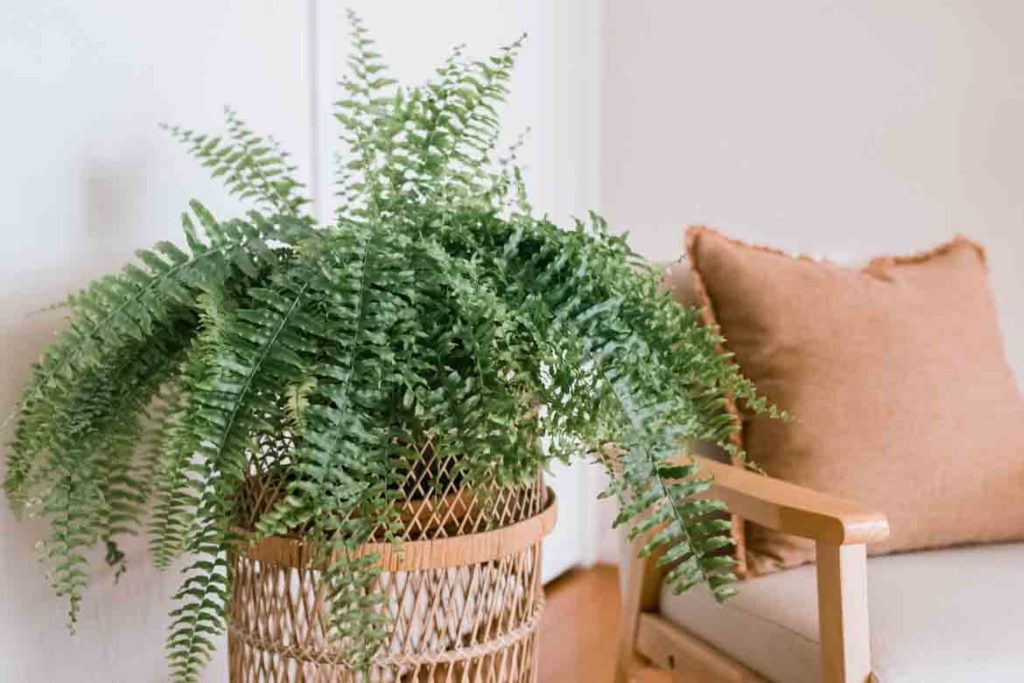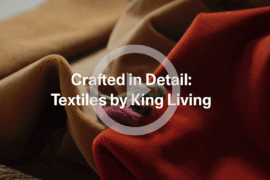Many people are unaware of just how dangerous certain plants can be to their feline companions. Here is a list of cat-friendly plants to keep your kitties happy and healthy.

May 30th, 2022
It is absolutely crucial that pet owners are aware of the different effects that plants will have on their animals before introducing a new plant into the home. This is not just because pets might sneeze a little or chew on the plants when they shouldn’t. There are a number of plants that are extremely toxic to cats.
This is not just a case of vomiting either – though that is a very common symptom. The wrong type of plant can cause serious illness, organ failure, and even death. And the worst part? Many of these plants are common types of household greenery, leading to people purchasing pet-toxic plants without even knowing.
There are a huge range of symptoms that can be caused by plants. If your cat is experiencing inflammation, skin irritation, vomiting, twitching, sluggishness, heavy breathing, diarrhea, salivating, or seizures, there is a high likelihood that they may have come into contact with a toxic plant.
If at any point you suspect your cat may have been exposed to a toxic plant, it is imperative that you take them to a vet as quickly as possible. Immediate medical attention is the only way to remedy the effects of toxic plants in animals – and no, it will not get better with time or go away on its own.

Most cats will avoid plants that are toxic. This is a part of a natural aversion to non-nutritious objects. However, this is not a guarantee that your cat will know to avoid a toxic plant if one is brought into its environment. Cats are naturally curious creatures and it is common for them to nibble plants from time to time.
Having a harmful plant in the house runs the risk that your cat may – out of curiosity or boredom – ingest part of the plant. Even a small amount can be fatal. This is why it is so important to be aware of dangerous plants and ensure that your cat is never in a position where it could run that risk.
Plants toxic to cats
Lilies are among the most deadly plants for cats. For cats, the consumption of lilies is most often fatal. This may seem strange given that lilies are so popular around the world, but it is this unawareness that is endangering thousands of housecats a year.
Every part of a lily plant is toxic to a cat. This includes the leaves, petals, pollen, flowers, stems, and even the water in which a lily plant has been placed. This means that even if you don’t try to grow a live lily plant in your home, the flowers alone can prove fatal to your cats.
Lilies are popular gift flowers because they are very beautiful and unique. However, if you receive lilies as a gift or in a floral arrangement it is best to graciously return them to the giver, regift them, or toss them away as soon as possible. If you place lily flowers in a vase you are running a very high likelihood that your cat might take a sip from the water at some point, which would put them in grave danger.

Some lilies are less poisonous to cats (meaning, they do not cause kidney failure), but it is still best to play things safe and avoid lilies altogether for the sake of your feline companions.
Snake plants are a very common house plant that is actually poisonous to cats. Most succulents are non-toxic and pet friendly, but snake plant in particular has chemical compounds which can cause serious symptoms of vomiting and diarrhea if consumed by cats.
Other plants that are highly toxic include: daffodils, tulips, many types of ivy, Spanish thyme, hyacinths, chrysanthemum, azaleas and rhododendrons, castor beans, yew, oleander, and spring bulbs. For a comprehensive list, you should check your plant against the RSPCA’s toxic plant information page.
5. Spider plant

Spider plants are great, non toxic plants for cats. They can be nibbled and ingested in small quantities without worry. However, cats are prone to nibbling on spider plants as a method of settling an uneasy stomach (as they do with grass), so it is best to avoid having spider plants where cats can reach them.
Another reason for this is that spider plants can sometimes have similar effects to catnip, though usually very mild. To avoid your kitty taking a trip, try to keep the spider plant where your cat cannot reach it.
4. Boston fern

Most ferns are on the list of house plants safe for cats, with the exception of asparagus fern. Cats tend to like Boston ferns in particular as they tend to play with the shaggy leaves. They are nontoxic and ingestion should not cause serious problems.
3. Prayer plant

Prayer plants are nontoxic to cats and dogs. They are a great plant to keep in the home as they are low maintenance and thrive in low light.
2. Calathea

Calathea plants are not only safe for cats, they also have air purifying capabilities. Calathea is celebrated for its unique striped leaves and is becoming more popular as a house plant around the globe.
1. Orchids

Orchids are extremely pet friendly. In fact, they are one of the most inoffensive plants that you can have in the home. Even if your cat decides to take a bite, orchids should not cause serious problems.
However, if the cat decides to eat a large quantity (as with most things) they may experience vomiting and diarrhea – though this is not likely to escalate and should pass naturally. However, you should be aware that the chemicals in fertilizers, pesticides or insecticides could prove harmful to cats; try to purchase organically.
INDESIGN is on instagram
Follow @indesignlive
A searchable and comprehensive guide for specifying leading products and their suppliers
Keep up to date with the latest and greatest from our industry BFF's!

For a closer look behind the creative process, watch this video interview with Sebastian Nash, where he explores the making of King Living’s textile range – from fibre choices to design intent.

The undeniable thread connecting Herman Miller and Knoll’s design legacies across the decades now finds its profound physical embodiment at MillerKnoll’s new Design Yard Archives.

Merging two hotel identities in one landmark development, Hotel Indigo and Holiday Inn Little Collins capture the spirit of Melbourne through Buchan’s narrative-driven design – elevated by GROHE’s signature craftsmanship.

Phillip Withers joins the podcast to discuss landscape design in relation to Country, place and European notions of control, as well as his part on the Habitus House of the Year 2025 Jury.
The internet never sleeps! Here's the stuff you might have missed

A lighter, roomier feel in your space can start at your window.

Professor of architecture, academic, television presenter and much else besides, Anthony Burke joins Timothy Alouani-Roby in Sydney for a live audience discussion about housing and his globetrotting story in architecture.